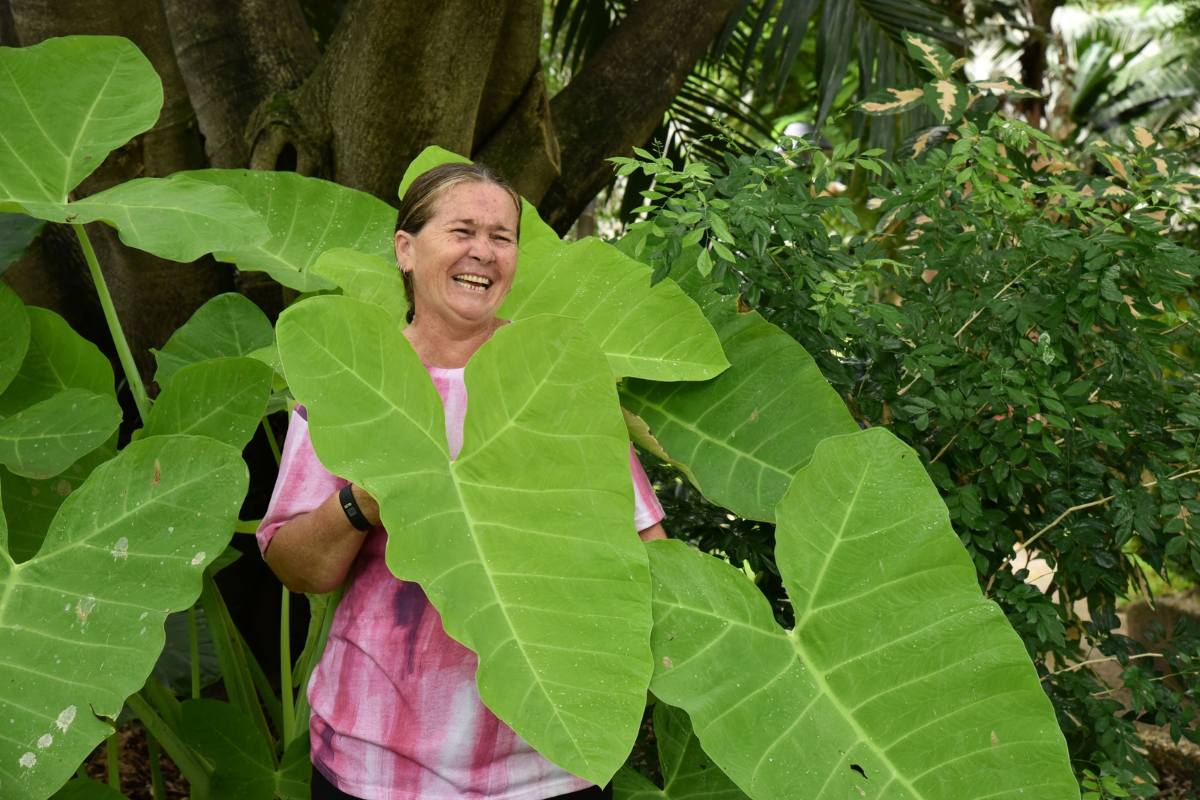Logging 20 million steps and being named challenge winner last December wasn’t on Kerin Szemes' radar when she first signed up with CQUniversity’s 10,000 Steps program in 2006.
Since then, her journey has taken her from the Sapphire Gemfields, Central Highlands in Queensland to the mountainous peaks of Canada – and she has no plans of stopping any time soon.

It all began for the keen stepper with an invite to join a monthly challenge with her teammates at work 18 years ago. As an avid photographer and nature-lover, Mrs Szemes can’t say enough about the benefits that being active has had to boost mental health and wellbeing.
“We all know that saying 'to stop and smell the roses’ – and when you walk, you literally get the chance to do that.”
“If you can find something that motivates you to keep moving, do it – incorporate a hobby and make it social. I go walking with my husband all the time and we both love photography, so as we walk we come across things we may have never seen otherwise, and we’re able to create precious memories from it.
“I’ve found that getting out and walking is a great thing to get me up and motivated. Sometimes that motivation can be hard to find, but once you start moving you think to yourself ‘I’m really glad I did this.’”
Mrs Szemes also advocates for the benefits that physical activity has with ageing, finding that as she is able to move at least a little bit everyday, it helps to keep her motivated and active at the same time; and her passion has now spilled over to her children and grandchildren who implement walking and regular physical activity into their daily lives.
Since the launch of 10,000 Steps in 2001 as Australia’s first ‘whole of community’ physical activity health promotion, the program has now seen more than 641,000 online members logging over 388 billion steps.
Dr Robyn Littlewood, Chief Executive of Health and Wellbeing Queensland, who provide funding to the 10,000 Steps program, said stories like Kerin’s show the accessibility and positive benefits of the program and associated app.
“Health and Wellbeing Queensland is delighted to support the 10,000 Steps program, and to have provided additional funding to support the updates made recently to the mobile app, which we know will make it easier for Queenslanders in regional, remote and First Nations communities to enjoy many of the benefits of the program.
“10,000 Steps has always been an innovative program, and between their app, website and additional resources, the program continues to break down barriers to participation in physical activity.”
10,000 Steps Project Officer Cindy Hooker said that some of the keys to the program’s success and longevity were largely due to the adaptability of research and technology, being one ‘step’ ahead of the curve by implementing user-friendly ways to assist members in achieving their goals, namely through the development of the 10,000 Steps mobile app.
“The update and engagement within the app has cemented its place as a key tool for members in their physical activity journey, and for many members the 10,000 Steps program is now a regular part of their day as a healthy habit.”
“Since the launch of our app in May last year, there’s been more than 47,000 downloads with app users logging almost 11 billion steps.”